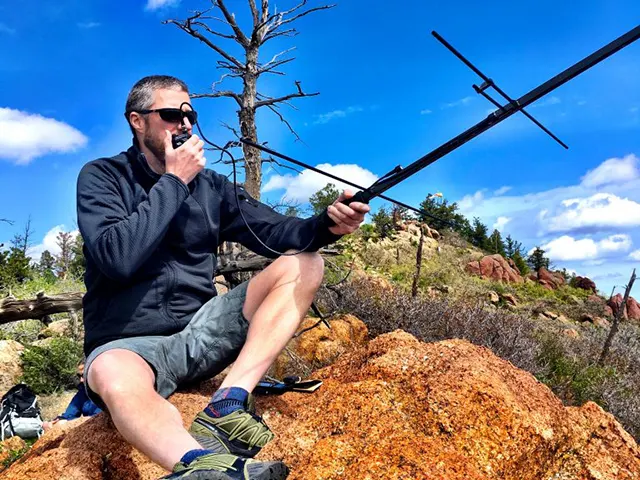HAM Radio & Emergency Communication System
Amateur Radios / HAM Radios
Amateur radio, also known as ham radio, is the use of radio frequency spectrum for purposes of non-commercial exchange of messages, wireless experimentation, self-training, private recreation, radiosport, contesting, and emergency communication.
The term "amateur" is used to specify "a duly authorised person interested in radioelectric practice with a purely personal aim and without pecuniary interest;" and to differentiate it from commercial broadcasting, public safety , or professional two-way radio services.
Amateur radios require a special amateur license to use but offer some advantages over GMRS radios for certain uses. Amateur radios are used for general communications among hobbyists, are great for emergency use, and the equipment is typically better quality than average GMRS radios.
Emergency Communication Systems
Emergency communication systems often provide or integrate those same notification services but will also include two-way communication—typically to facilitate communications between emergency communications staff, affected people, and first responders.
EmComm, or Emergency Communications is the practice of providing communication services during emergency response, especially in situations where traditional communication modes may not be available.


























































































































